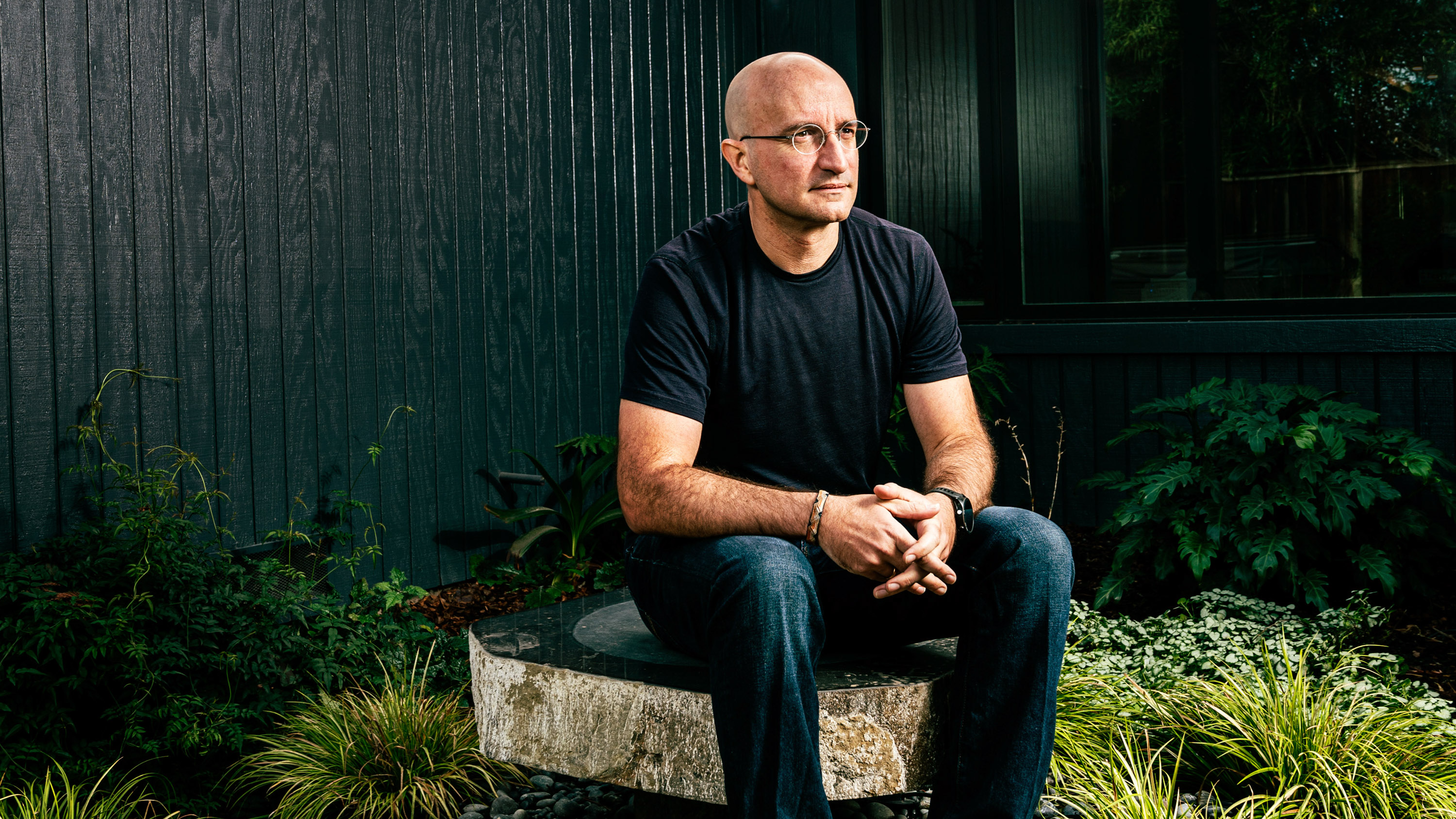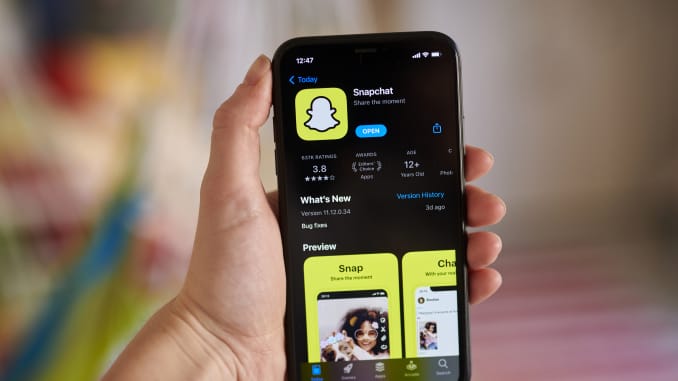networking
Decoding emojis and defining ‘support’: Facebook’s rules for content revealed
They run to more than 300 pages, envisaging and exemplifying some of the most borderline and ethically challenging uses of the world’s biggest social network by its 2.8 billion monthly users. Secret Facebook guidelines seen by the Guardian show how the company controls its mainly outsourced moderators’ work down to the smallest detail, defining its rules so precisely that contractors are told which emojis constitute “praise” and which count as “condemnation”.
Source: Decoding emojis and defining ‘support’: Facebook’s rules for content revealed
Jack Dorsey sells his first tweet ever as an NFT for over $2.9 million
Jack Dorsey, CEO of Twitter and Square, sold his first tweet as an NFT, or nonfungible token , for over $2.9 million on Monday when bidding ended on the “Valuables” platform, which is run by Cent, a blockchain-powered social media network.
Source: Jack Dorsey sells his first tweet ever as an NFT for over $2.9 million
Tim Berners-Lee: ‘We need social networks where bad things happen less’
Z oom being Zoom, Tim Berners-Lee’s name appears in my browser window about 20 seconds before his audio and video feed kick in – and for a brief moment, the prospect of talking online to the inventor of the world wide web seems so full of symbolism and significance that it threatens to take my breath away.
Source: Tim Berners-Lee: ‘We need social networks where bad things happen less’
The split at the heart of tech’s new labor movement
Tech’s burgeoning new labor movement has its own class divide — between a conventional organizing push among blue collar employees and an effort among white collar employees that’s based on a different set of concerns and goals. Why it matters: The tech industry rose to power and wealth largely union-free.
Wikipedia Is Finally Asking Big Tech to Pay Up
The Big Four all lean on the encyclopedia at no cost. With the launch of Wikimedia Enterprise, the volunteer project will change that—and possibly itself too.
He got Facebook hooked on AI. Now he can’t fix its misinformation addiction
Everything the company does and chooses not to do flows from a single motivation: Zuckerberg’s relentless desire for growth. Quiñonero’s AI expertise supercharged that growth. His team got pigeonholed into targeting AI bias, as I learned in my reporting, because preventing such bias helps the company avoid proposed regulation that might, if passed, hamper that growth. Facebook leadership has also repeatedly weakened or halted many initiatives meant to clean up misinformation on the platform because doing so would undermine that growth.
Source: He got Facebook hooked on AI. Now he can’t fix its misinformation addiction
Who Is Making Sure the A.I. Machines Aren’t Racist?
When Google forced out two well-known artificial intelligence experts, a long-simmering research controversy burst into the open.
How to poison the data that Big Tech uses to surveil you
Every day, your life leaves a trail of digital breadcrumbs that tech giants use to track you. You send an email, order some food, stream a show. They get back valuable packets of data to build up their understanding of your preferences. That data is fed into machine-learning algorithms to target you with ads and recommendations. Google cashes your data in for over $120 billion a year of ad revenue.
Source: How to poison the data that Big Tech uses to surveil you
The reason virtual reality still hasn’t taken off
Virtual reality has existed for nearly two decades, but it still hasn’t proven to be “the future of technology” as most were expecting.
Meet the Climate Change Activists of TikTok
When Louis Levanti woke up one morning last September, climate change wasn’t on his mind. “I was never huge into researching climate change, but I was aware that it is real.” So when the 24-year-old TikTok creator, who lives with his parents on Long Island, opened his phone and saw something about a clock being unveiled, he wasn’t initially interested. “I rolled my eyes thinking it had something to do with the stock market.” The Climate Clock, in Union Square in New York City, counts down how much time we have left to act before climate change is irreversible.
Cisco found cryptomining activity within 69% of customers
More than two-thirds of Cisco customers in 2020 were affected by cryptomining, according to new research. Cisco released its “Threat Trends: DNS Security” report Thursday, which analyzed malicious DNS activity and threats that occurred between January and December of last year.
Source: Cisco found cryptomining activity within 69% of customers
Split Screen: How Different Are Americans’ Facebook Feeds?
Facebook’s recommendation algorithm shows different news, groups, and hashtags to different users. But who sees what? Split Screen attempts to answer that question with real world data from paid panelists as part of The Markup’s Citizen Browser project .
Source: Split Screen: How Different Are Americans’ Facebook Feeds? – The Markup
Facebook’s New AI Teaches Itself to See With Less Human Help
Image recognition may be more easily integrated into enterprise and commercial settings if it can learn more without expensive human input.
Google’s scrapping third-party cookies – but invasive targeted advertising will live on
Google has announced plans to stop using tracking cookies on its Chrome browser by 2022, replacing them with a group profiling system in a move the company says will plot “ a course towards a more privacy-friendly web ”. The change is significant.
Source: Google’s scrapping third-party cookies – but invasive targeted advertising will live on
How to Tell Which Emails Quietly Track You
Everyone sends emails now: political parties, your book club, freelance journalists , the social networks you’re signed up to, your parents, that online store that you only bought one item from a decade ago, and many, many more. What do a lot of those email senders have in common?
The great divide: business leaders are split on long-term remote working
Companies including Spotify, Twitter, and Goldman Sachs have taken different stances on remote work. A survey showed that 61% of respondents prefer a fully remote environment.
The NBA will pay a key role in Snap’s quest for 50% revenue growth
For this different All-Star Game, the NBA is relying on Snapchat to engage its Generation Z users it wants to keep interested in the sport. “It’s one of our most unique relationships in the sense that the NBA can touch every corner of our platform,” Anmol Malhotra, head of sports partnerships at Snapchat, told CNBC. “They do a good job with that 360 focus and can amplify casual fans, hardcore and non-sports fans’ experience around their league.”
Source: The NBA will pay a key role in Snap’s quest for 50% revenue growth
The Real Lesson of the Texas Power Debacle
Both forms of infrastructure—a state-run electrical grid and the 5G and “internet of things” future to which we are rapidly hurtling—share three attributes. First, their construction reflects a lack of imagination about the danger that can quickly coalesce when seemingly remote threat scenarios become real. Second, compounding a lack of analytic imagination is an absence of preparedness. Third, for both the Texas electrical grid and the emerging internet, public policy protections are either meager or completely absent
Audio chatrooms like Clubhouse have become the hot new media by tapping into the age-old appeal of the human voice
Google “What is Clubhouse?” and you’ll find a flurry of articles written in the past few weeks about this fast-growing social network. It’s not yet a year old, and much of the buzz stems from the fact that Clubhouse is invite-only, bringing with it an element of exclusivity.
Why we want tech copycats to fail
We’ve seen before that big leaps forward in technology can bring down industry titans, like the cellphone pioneer Nokia. But boy, it sure feels like the tech giants today are so entrenched, so good at what they do — and, perhaps, skilled at tilting the game to their advantage — that they simply can’t be beaten. It would be better for all of us if Big Tech wasn’t an absolute and invulnerable force. I’ll see the wobbles of TikTok’s clones as a sign that it’s still possible for Big Tech to fail.



